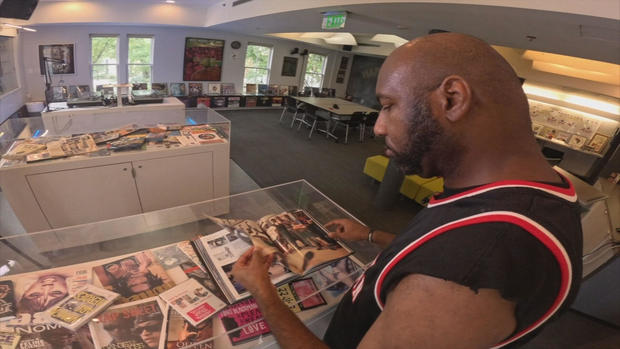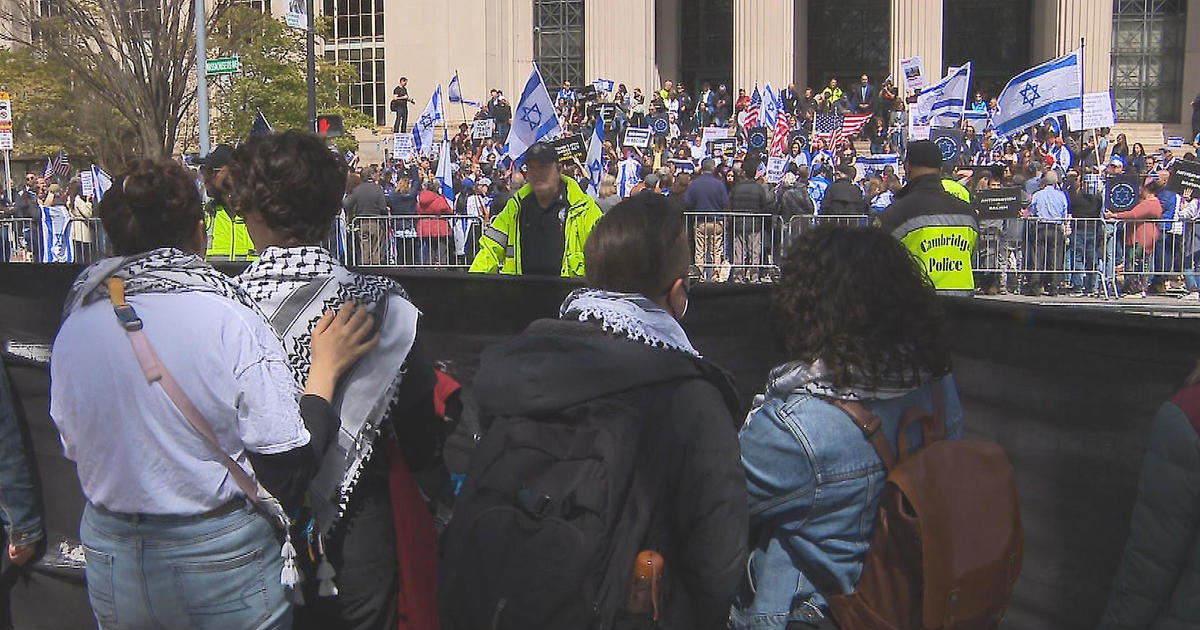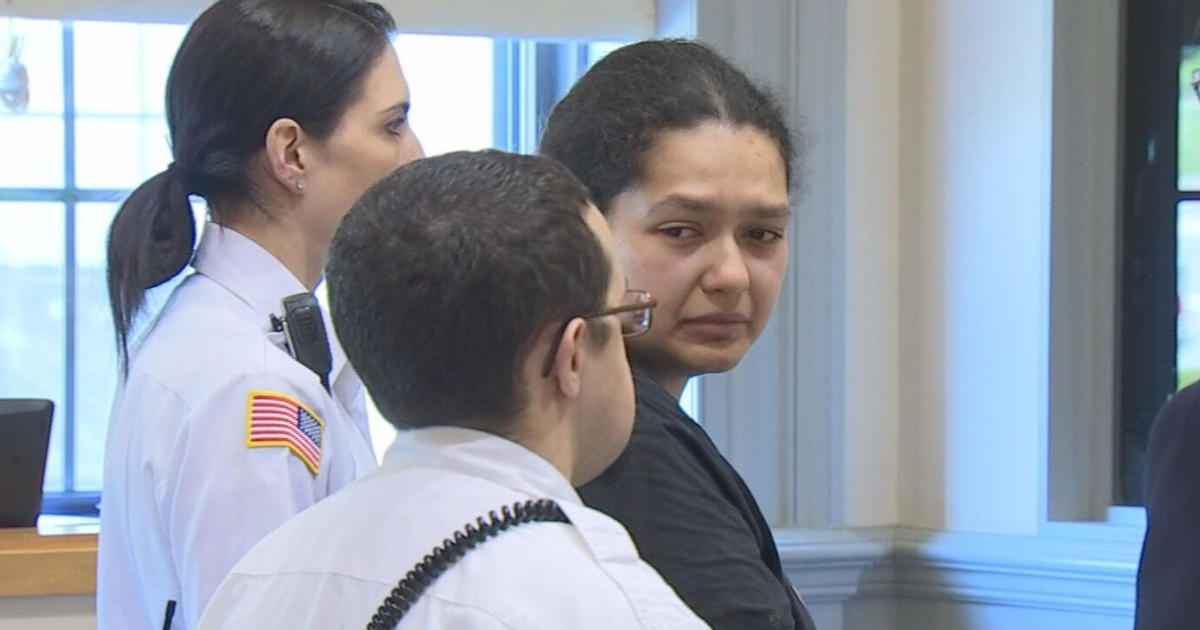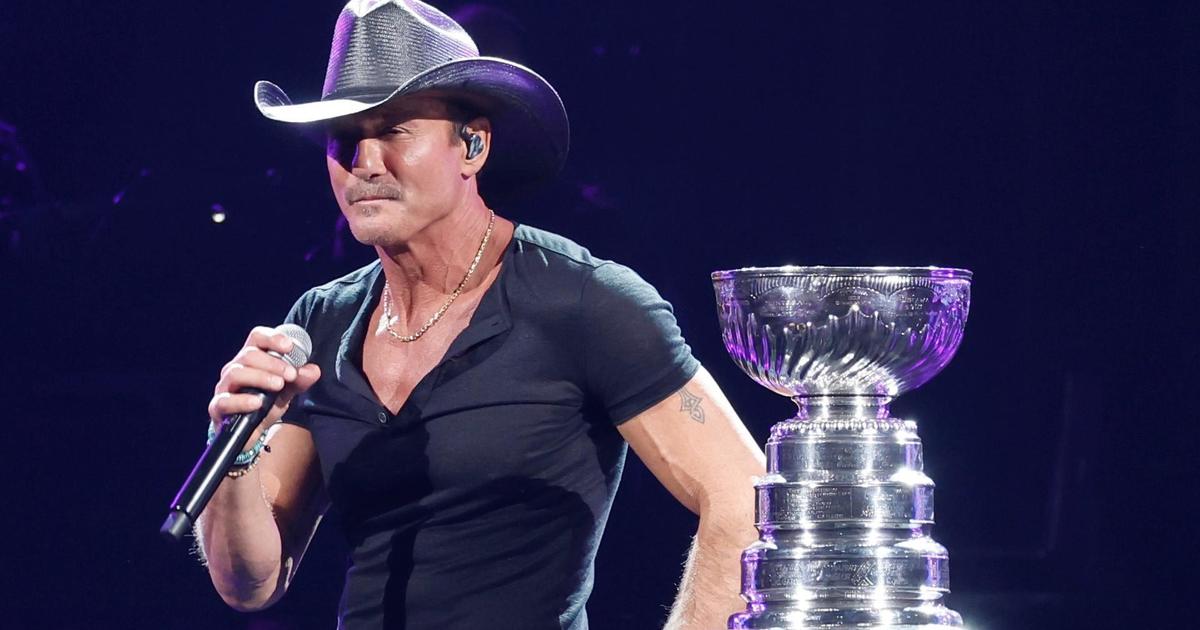Hip-hop turns 50 and Boston played a part as it transformed music
BOSTON - After decades of beats, icons, and style, hip-hop music and culture celebrates its 50th anniversary. From the streets of New York to the coastline of California, the music genre has an indelible impact on pop culture.
"Hip-hop is transformational in nature. It takes anything and turns it into hip-hop," said Dart Adams, a local hip-hop historian and journalist, "They showed it as a legitimate art form."
Adams said the first radio station to play hip-hop in Boston was at the Massachusetts Institute of Technology (MIT). Quickly, two Harvard students took notice and started their own show called The Street Show. Their names were Jonathan Shecter and David Mays. The duo is responsible for transforming hip hop journalism.
"In 1988, the guys who started the 'Street Show' said we don't have dedicated magazines to rap music and hip-hop culture," explained Adams.
They created a two-page yellow buying guide of hot albums and singles. It was the first edition of the now famous Source magazine.
"The Source ends up becoming the Bible of hip-hop," added Adams, "When you had a centralized rap publication with people that grew up and were immersed in the culture, and understood the music, that's when the framing of rap really took off. Which, was Jonathan Shecter's thesis when he graduated from Harvard in 1990."
Harvard now houses a hip-hop archive that includes a small tribute to Schecter and Mays. It takes a visitor through the last 50 years.
In the 70's, Dart calls hip-hop a budding culture marked with graffiti.
"A lot of people just saw it as just kids destroying things and doing nonsensical stuff," said Adams.
Come the early 80s, that is when brands started jumping aboard.
"Madison Avenue embraces hip-hop and starts using it in all of its ads," continued Adams.
Come February 1981, Adams says that is the first-time people saw a rap act perform on national television. In the early days, he says a lot of the hip-hop producers came from Boston. By the 90s, Boston's rival, New York, was front and center again.
"I think the one artist that totally encompasses what the 90s are about is Nas," detailed Adams, "All of these things begin with that battle in 1994 with Nas and, of course, you know the Notorious B.I.G. for king of New York."
Adams says the 2000s became the era where people began to get rap music and hip-hop culture. It begins to venture out into a wider scope of music. In his eyes, no group personifies the early 2000s like Atlanta-based OutKast. The unique sound and style of Big Boi and Andre 3000 put southern hip-hop on the map.
"They make the defining music going forward," said Adams, "If you ask a lot of people who the best all-time rap group is, a lot of people want to say OutKast."
If you ask Adams about the most influential artist of the 2010s, he quickly points to Kendrick Lamar. He brought his progressive music style and socially conscious lyrics to the mainstream. It earned him a Pulitzer Prize for music.
"Most people who were actually paying attention knew that Kendrick had this in him," said Adams.
With 50 years in the history books where does hip-hop go now? Where is Boston today? Red Shaydez is a local artist. As a kid she put up show posters in Roxbury.
"My inspiration first started with my father. He was in a rap group right here in Boston in the early to mid-90s," told Shaydez.
Without big record labels locally, she calls Boston a do-it-yourself hip-hop scene.
"We create our own shows, we curate our own festivals, our own experiences," details Shaydez, "We made such a big impact that we actually made the press come to us. There's a lot of exciting artists coming up right now."
You can count Brockton's MonaVeli on that list. She has been grinding and working to make a name for herself locally and nationally.
"It forces you to hustle. It forces you to find multiple avenues and multiple ways to express yourself. I want to inspire young girls that look like me. Young girls from the inner cities like me," explains MonaVeli, "The past five years we've actually done a good job getting our name out there. If you have the respect in your city and then branch out and go crazy."
You never know, if you put pen to paper, you too may find yourself the icon of the next 50 years.




